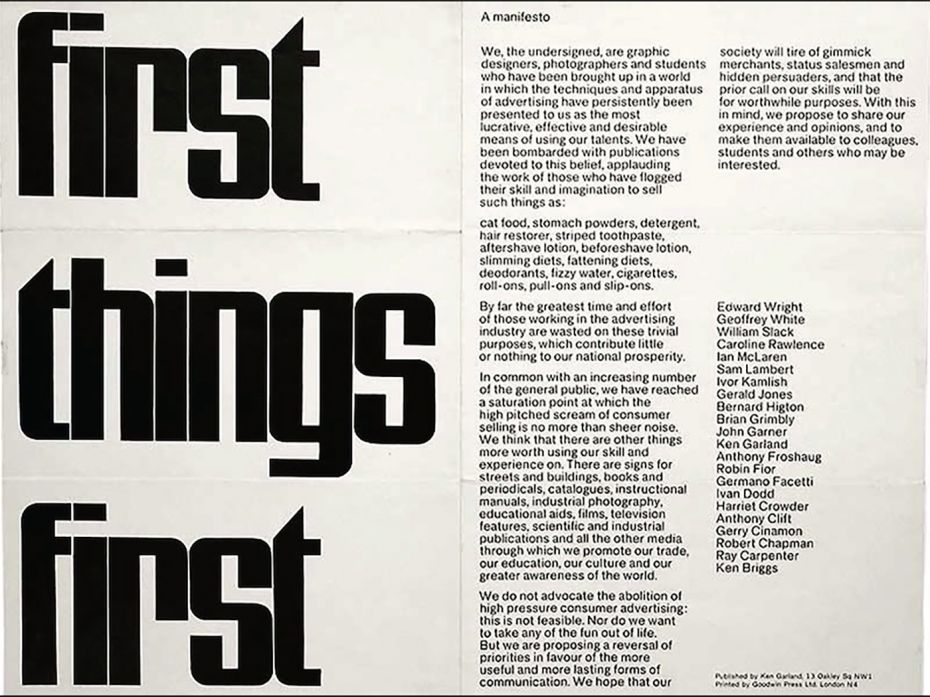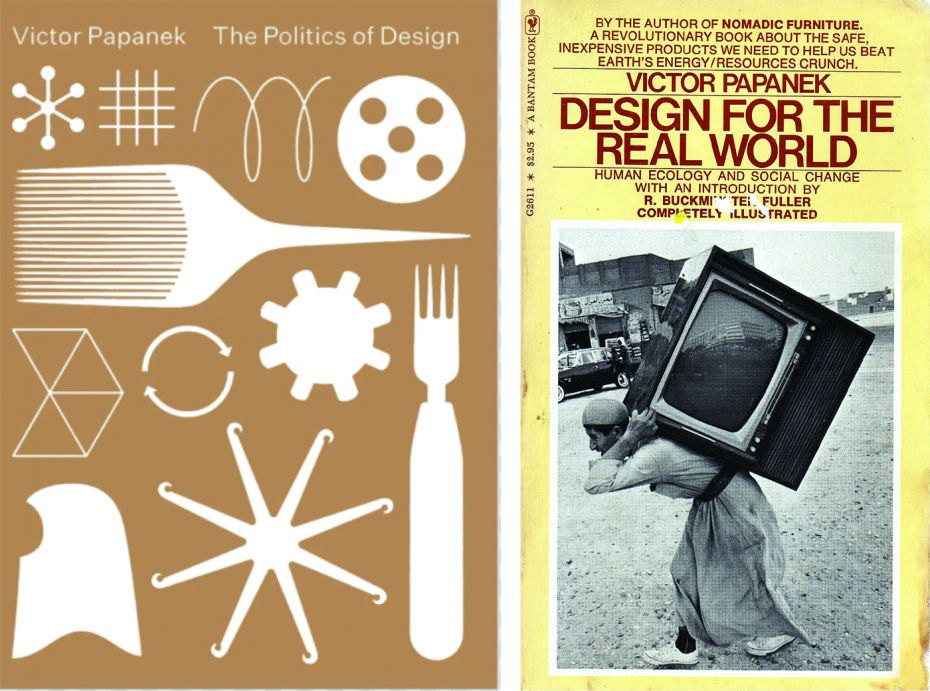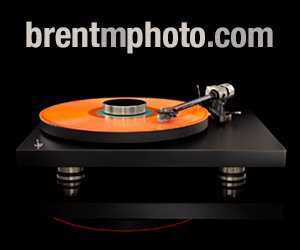The Conscious Creative
Will Novosedlik on the importance of Practical Ethics for Purposeful Work
August 28, 2020
Design firms and ad agencies have, with very few exceptions, historically cleaved to what Bruce Mau once called a ‘karaoke existence, always singing someone else’s song, and never saying what (they) think should be said.”
It’s a model of many tensions. There’s the one between what the client makes and what their customers actually need. There’s the one between what the client believes they want and what the creative believes they need. And then there is the one between creative practitioners and the intense, sometimes toxic environments in which they work.
Every once in a while, a voice in the wilderness emerges with a declaration of purpose that breaks out of the ‘karaoke’ trap and questions why we work the way we do. Why do we put up with nasty client behaviour? Why do we tolerate toxic culture? And why do we spend so much of our creative energy helping clients sell stuff that is actually making the world worse instead of better?

Credit: Ken Garland
These are some of the questions raised by a new book called The Conscious Creative, Practical Ethics for Purposeful Work by Grassriots’ ECD Kelly Small. Billed as “an actionable guide to mindfulness and ethical practice for any creative who wants to make a living without selling their soul”, The Conscious Creative is a book written in the time-honoured tradition of great creative manifestoes. Think First Things First by Ken Garland or Design for the Real World by Victor Papanek or An Incomplete Manifesto for Growth by Bruce Mau.

Image Credit: Victor Papanek
Manifestos are often inspiring but impractical. What Kelly Small brings to the table is a healthy dose of both inspiration and practicality. The book is broken into four areas of potential for positive change: personal, economic, social, and environmental. Each chapter has several short, one-page practical actions that anyone can take to move towards more meaningful and purposeful work while still being able to pay the bills. They can begin anywhere and use as many or as few practical actions as they need.
Kelly Small’s personal story is an inspiration in itself, shared throughout the book with candour and courage. If you’re a creative searching for cleaner, healthier and socially just ways to practice you’ll not find a better place to start looking. And the timing couldn’t be better. wn







